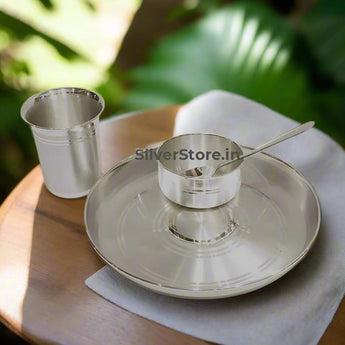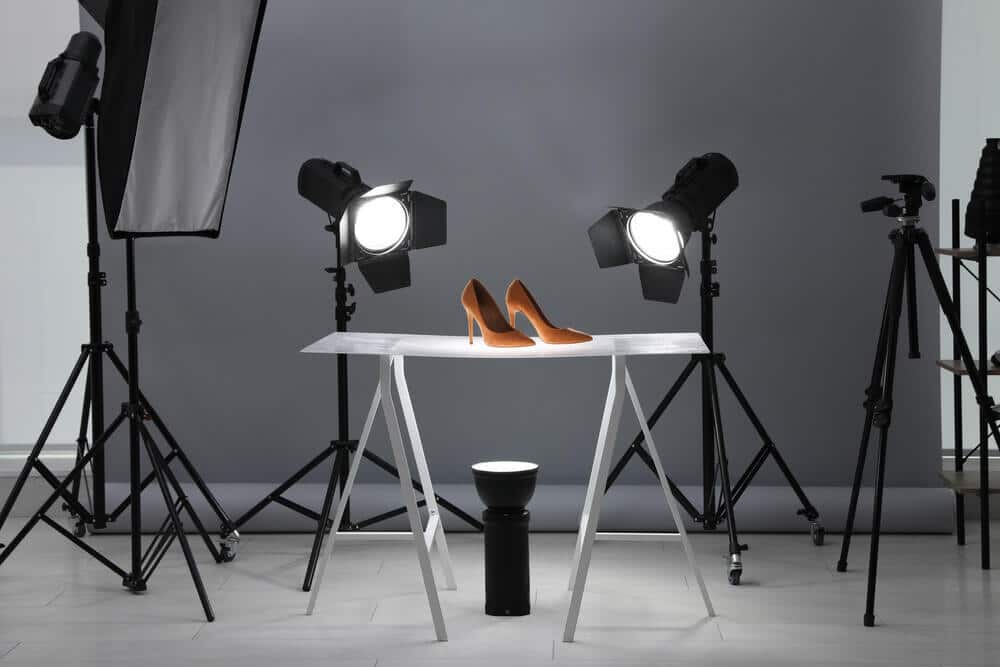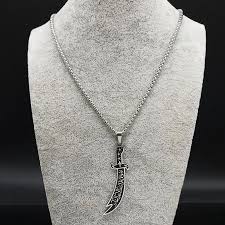What’s the Real Difference Between 999 and 925 Silver?

Strong 8k brings an ultra-HD IPTV experience to your living room and your pocket.
When you're shopping for silver—whether it's jewellery, home décor, or gifts—you'll often come across two common labels: 999 silver and 925 silver. At first glance, they may seem like just numbers. But they actually tell you a lot about the purity, strength, and best use of the silver item you're buying.
In this article, we’ll break it down in simple terms. Whether you're picking out a silverware dinner set or buying pure silver pooja items, this guide will help you make a smart choice.
Understanding the Basics: What is 999 Silver?
999 silver, often referred to as fine silver or pure silver, is silver in its most natural form. The number 999 means the item is 99.9% silver, with only 0.1% made up of trace metals or impurities.
Key features of 999 silver:
• Extremely high purity – almost pure silver.
• Soft and malleable – easy to bend or scratch.
• Bright and shiny finish – especially when polished.
• Often used for coins – silver bars, and ceremonial items.
Due to its softness, 999 silver is not ideal for items that get handled a lot. Instead, it works great for items that are decorative or spiritual in nature—like pooja thalis, silver idols, or gifting articles during religious festivals.
What Does 925 Sterling Silver Really Mean?
925 silver, also known as sterling silver, is an alloy. It contains 92.5% pure silver and 7.5% other metals, usually copper. The extra metals give the silver strength and durability without changing its beautiful appearance.
What makes 925 silver special:
• Harder and stronger than 999 silver.
• Keeps its shape over time, even with daily use.
• Used widely in jewellery, utensils, décor, and accessories.
• Easy to polish and maintain.
In short, 925 silver gives you the classic look of silver with much more practical use. That’s why most silverware dinner set items are made from 925 sterling silver—it stands up to everyday use better.
Purity Comparison: 999 vs 925 Silver
Let’s do a side-by-side comparison to see how they differ:
| Property | 999 Silver | 925 Silver |
| Purity | 99.9% pure silver | 92.5% silver + 7.5% alloy |
| Strength | Very soft | Much stronger |
| Appearance | Slightly brighter | Slightly less shiny |
| Uses | Coins, bars, pooja items | Jewellery, cutlery, homeware |
| Tarnish Resistance | Less resistant | More resistant |
Which One Is Better for Jewellery – 999 or 925?
When it comes to jewellery, 925 sterling silver is the winner—and here’s why.
Jewellery has to be strong enough to handle daily wear and tear. Rings, earrings, chains, and bangles are always being moved, touched, and sometimes even bumped. 999 silver is too soft for this and can bend or scratch easily.
Sterling silver, on the other hand, keeps its shape and holds up better over time. It’s also easier to work with for designers, allowing for beautiful and intricate designs.
Durability and Strength Differences
If you want something that will last for years and still look great, 925 silver is your best bet. It’s strong, doesn’t bend easily, and handles polishing well. That’s why it's often used in things like silver utensils, bracelets, and rings.
999 silver is more fragile. It’s better for items that aren’t used every day—like silver bars for investment or decorative pure silver pooja items that are mostly kept safe on a shelf or altar.
Pricing: Is 999 Silver More Expensive Than 925?
Yes, it usually is.
Since 999 silver is purer, you’ll pay a bit more for it. That said, the price difference isn’t always huge. Other factors—like design, weight, brand, and craftsmanship—also play a role.
But here’s something important to keep in mind:
• If you're buying silver as an investment or for spiritual value, 999 silver might be worth the higher price.
• If you're buying silver to use regularly—like a silverware dinner set—925 silver gives you better durability and better value for money.
Which Silver Should You Choose for Gifting or Investment?
Let’s look at two different scenarios.
For Gifting:
Both types of silver work well. It depends on the occasion and the type of item.
• For everyday gifts like rings, pendants, or utensils, go for 925 sterling silver.
• For traditional gifts like idols, silver coins, or pure silver pooja items, 999 silver is often the better choice.
For Investment:
Here, 999 silver shines (literally and figuratively). It’s closer to the raw market value and often comes in the form of coins, bars, and premium collectibles. Many people buy 999 silver as a long-term asset.
How to Know If It's Real Silver
Want to make sure what you’re buying is real? Always check for the hallmark stamp:
• 999 or Fine Silver means it’s pure.
• 925 or Sterling means it’s alloyed silver.
• Look for BIS Hallmarking in India or assay office marks in the UK and other countries.
You can also ask for a certificate of authenticity or get your item tested by a trusted jeweller.
Final Thoughts
Both 999 and 925 silver are valuable in their own ways.
• 999 silver gives you purity and spiritual significance. It’s great for traditional ceremonies, gifts, and savings.
• 925 silver gives you strength and practicality. It’s ideal for daily-use jewellery, home ware, and items that get touched or handled often.
When choosing between them, think about what the item is for, how often it will be used, and how much you're willing to spend. Each type has its own role—and both are beautiful in their own right.
Quick Tip:
When shopping online, always go with certified sellers. Check for hallmarks and read customer reviews. If you’re gifting a silverware dinner set or sacred pure silver pooja items, quality matters just as much as design.
To truly understand how 999 silver compares to 925 silver, it helps to first explore what 999 silver means in terms of purity, composition, and common uses. This knowledge lays the groundwork for spotting the key differences between the two.
Note: IndiBlogHub features both user-submitted and editorial content. We do not verify third-party contributions. Read our Disclaimer and Privacy Policyfor details.







